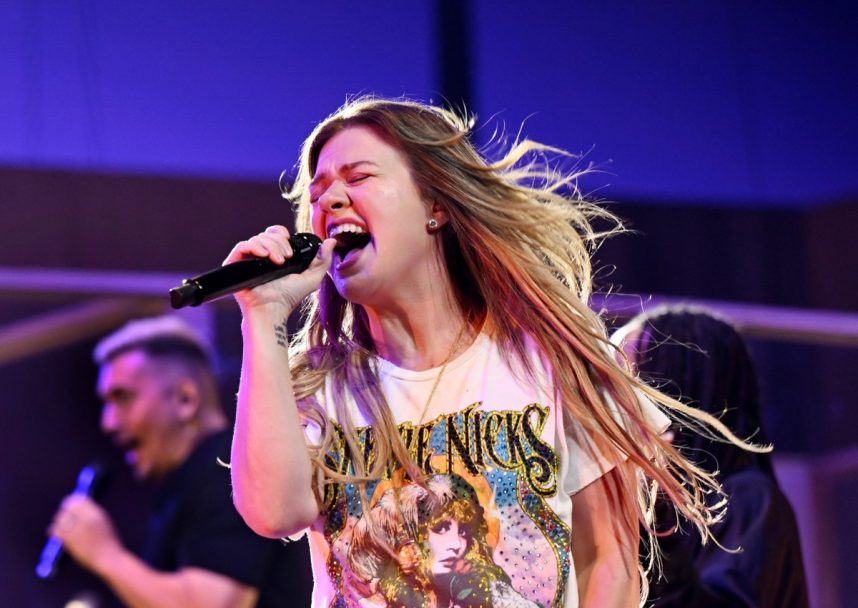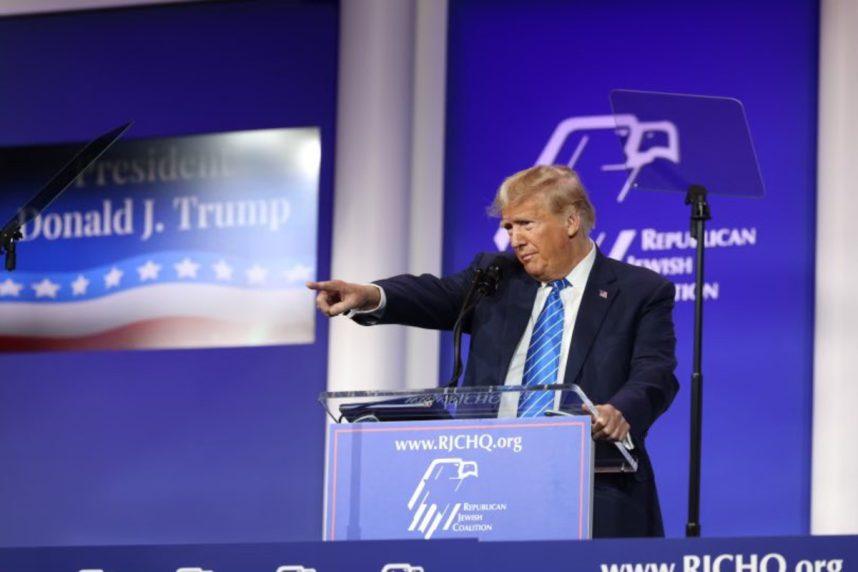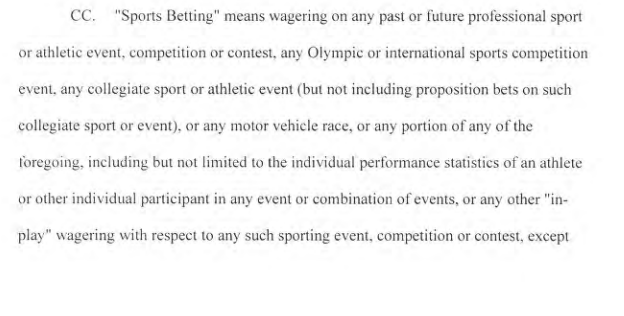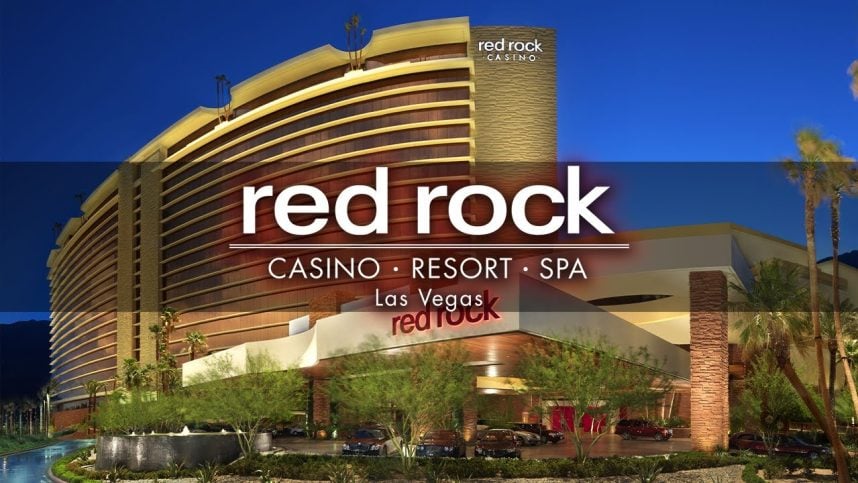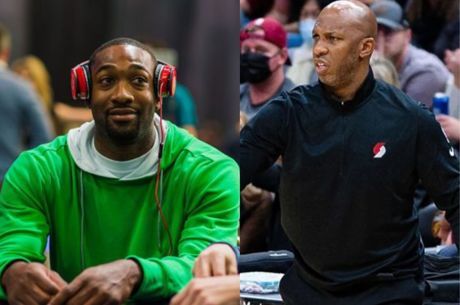Our monthly look at the online gambling landscape includes the current legal and regulatory landscape, prospective online casino and online poker states, and significant trends to watch.
As the 2025 legislative cycle winds down and state lawmakers prepare their 2026 agendas, a question has been gnawing at me: Will online casinos be a source of action or chatter in 2026?
The bull case
Looking ahead to 2026, the post-COVID cornucopia of federal money is running dry, and states are starting to face budget shortfalls.
At some point, the dam has to break, and there were some sparks in 2025:
- Maine passed an online casino bill, only to see Gov. Janet Mills derail it.
- New states entered the conversation — Arkansas, Hawaii, and Virginia — giving the industry more levers to pull.
- Perennial candidates like Indiana and Maryland are still pushing forward.
- Rumblings out of another perennial candidate, New York, are already beginning as the awarding of the downstate casino licenses draws near.
Florida comes out of left field: Casino Reports was the first to report that Hard Rock Bet (the Seminole Tribe) is offering online games that look conspicuously like slots. The games are powered by the results of past motor races, which complies with the 2021 compact between the tribe and the state, as it allows wagering on past sporting events.
A hearing in Massachusetts: As first reported in my Straight to the Point newsletter, “The Joint Committee on Economic Development and Emerging Technologies will hold a hearing on November 13, with the state’s online casino bills among the agenda items. The three Massachusetts online casino bills are: HB 332, sponsored by Rep. Daniel Cahill; SB 235, sponsored by Sen. Paul Feeney; and HB 4431, sponsored by Rep. David Muradian.”
The prediction market wild card: If it appears that prediction markets will prevail in court and significantly erode sports betting tax revenue, states are likely to scramble to make up the difference. In most states, the only remaining option is an expansion into online casinos.
The bear case
Despite some glints of progress, legalization is still a challenge in every state.
First, 2026 is a mid-term election year, which means most state lawmakers will be busy campaigning (for themselves or their party’s congressional candidates), leaving little bandwidth for controversial issues like gambling reform.
Second, opposition is not only growing, it’s also coalescing, following the creation of the National Association Against iGaming (NAAiG), which can present a unified front, while industry supporters remain fractured, with support ebbing and flowing based on the structure of online casino bills. NAAiG is quite active, releasing studies and sending representatives to testify at hearings, where it highlights potential job losses and economic declines in states with iGaming.
Third, there is a very real and severe hangover from sports betting (and now prediction markets) that has soured many people on gambling expansions, particularly online expansions.
I take polling with a grain of salt, but it’s hard to overlook some of the recent numbers. A Maryland statewide poll, commissioned by the NAAiG, found 71% of residents oppose legalizing online casinos after being informed about potential risks like addiction and economic impacts.
My take: More chatter than action in 2026: Weighing the bull and bear cases, I’m leaning bearish for significant breakthroughs in 2026. The election cycle and coalescing opposition will likely keep iGaming as a topic of debate rather than result in legislative action. That said, if budget crunches hit hard, prediction markets erode state revenue, or a key state like New York flips, the dam could crack.
2025 online casino bills
The Ruddock Report will revise this list as new bills are introduced.
LEGAL ONLINE GAMBLING ONLINE POKER-ONLY
ACTIVE LEGISLATION LEGISLATIVE EFFORTS FAILED

Active bills
New York
- S 2614, sponsored by Sen. Joseph Addabbo Jr.
The bill was introduced on Jan. 21 and referred to the Racing, Gaming, and Wagering Committee. It has appeared on the legislative radar a couple of times. However, the bill has been overshadowed by the awarding of downstate casino licenses, leaving little legislative bandwidth for iCasino in 2025. It remains stalled in committee with no further action.
Ohio
- HB 298, sponsored by House Finance Committee Chair Brian Stewart
The bill received its first hearing in the Select Committee on Gaming shortly after its introduction, but no further progress has been reported as of our press deadline.
- SB 197, sponsored by Sen. Nathan Manning
As of late-August 2025, it remains in the introductory phase with no reported committee action or passage, though broader discussions on regulated online casino gaming continue.
Massachusetts
- HD 2393 (now tracked as H 4431), sponsored by Rep. David Muradian
Filed as a docket on Jan. 16 and referred to the Committee on Economic Development and Emerging Technologies on Aug. 18. This is the latest effort, which aims to legalize online casinos while also prohibiting sweepstakes sites.
- HB 332, sponsored by Rep. Daniel Cahill
Introduced Feb. 27, with a hearing held on June 23 by the Joint Committee on Consumer Protection and Professional Licensure.
- SB 235, sponsored by Sen. Paul Feeney
Introduced Feb. 27 and discussed alongside HB 332 in the June hearing.
Illinois
- SB 1963, sponsored by Sen. Cristina Castro
Introduced Feb. 6 with first reading. The legislation proposes a 25% tax on internet gaming, which is likely a non-starter considering Illinois’ recent treatment of sportsbooks via the tax code.
- HB 3080, sponsored by Rep. Edgar González, Jr.
A companion bill to Sen. Castro’s Senate bill.
Illinois looks great on paper, but the problem is (almost) no one wants to expand into online casinos except online casino companies, evidenced by nearly 1,000 witnesses testifying against online casinos at a recent hearing. March polling from Tulchin Research indicates opponents are winning the public perception battle, as respondents overwhelmingly view online gambling as a more addictive product that will lead to increased rates of problem and underage gambling.
Maine
- LD 1164, sponsored by Rep. Ambureen Rana
Passed by the House and Senate and on the desk of Gov. Mills (who is expected to veto, or pocket veto, the bill when the legislature returns in 2026).
The legislation allows each of the state’s four tribes to offer online casino gambling: Houlton Band of Maliseet Indians, Mi’kmaq Nation, Passamaquoddy Tribe (with two reservations: Indian Township and Pleasant Point), and Penobscot Nation.
The bill calls for a $50,000 licensing fee and a 16% tax rate, with funds distributed as follows:
- 3%: Deposited in the Gambling Addiction Prevention and Treatment Fund
- 3%: Deposited in the E-9-1-1 fund
- 3%: Deposited in the Opioid Use Disorder Prevention and Treatment Fund
- 2%: Deposited in the Emergency Housing Relief Fund
- 3%: Deposited in the Maine Veterans’ Homes Stabilization Fund
Inactive bills
New Hampshire
- SB 168, sponsored by Sen. Tim Lang
Despite passing the committee stage, Lang “tabled” the bill due to opposition. It can be brought back later in the session, but nothing on the ground has changed that would indicate progress is happening behind the scenes.
Arkansas
- HB1861, sponsored by Rep. Matt Duffield
A late push came up short in Arkansas, as Rep. Duffield’s legislation was withdrawn and recommended for interim study by the House Judiciary Committee. The bill emerged late in the session (which seems to be the best way to pass a gambling expansion bill these days), the stakeholder divide between Saracen Casino (pro) and Oaklawn (against) was too large to overcome.
Maryland
- HB 17, sponsored by Del. Vanessa Atterbeary
- SB 340, sponsored by Sen. Ron Watson
Legislation once again stalled in committee, and the absence of online casino revenue in the state’s proposed budget deal between the legislature and Gov. Wes Moore signaled the end of 2025 efforts.
Virginia
- SB 827, sponsored by Sen. Mamie Locke
- HB 2171, sponsored by Del. Marcus Simons
A new contender in the online casino landscape, Virginia ran into similar concerns from unions and brick-and-mortar stakeholders that have plagued states like Maryland and New York. The proposed legislation failed to gain traction in either chamber, with bill sponsors pulling them and announcing they will reintroduce the bills in 2026.
Wyoming
- HB 162, sponsored by Rep. Bob Davis
Efforts to legalize online casinos in Wyoming failed to gain the necessary support from the committee and are effectively dead. Despite a favorable report from Spectrum Gaming, Wyoming tribes voiced concerns that online gambling would cannibalize their brick-and-mortar properties.
Indiana
- HB 1432, sponsored by Rep. Ethan Manning
After running into opposition, including cannibalization concerns, Indiana’s annual effort to legalize online casino gambling (and online lottery sales) once again came up short. One glimmer of hope as we look ahead to 2026 is the passage of a bill prohibiting online lottery couriers, with Rep. Manning saying the goal is to allow the state lottery to start on equal footing when online lottery is legalized.
Hawaii
- SB 1507, sponsored by Sen. Ron Kouchi
- HB 1434, sponsored by Nadine Nakamura
Separate versions of a mobile sports betting bill passed the House and Senate, with the details now being hashed out by a conference committee. The state’s online casino bills failed to gain any support.

 10 hours ago
18
10 hours ago
18







